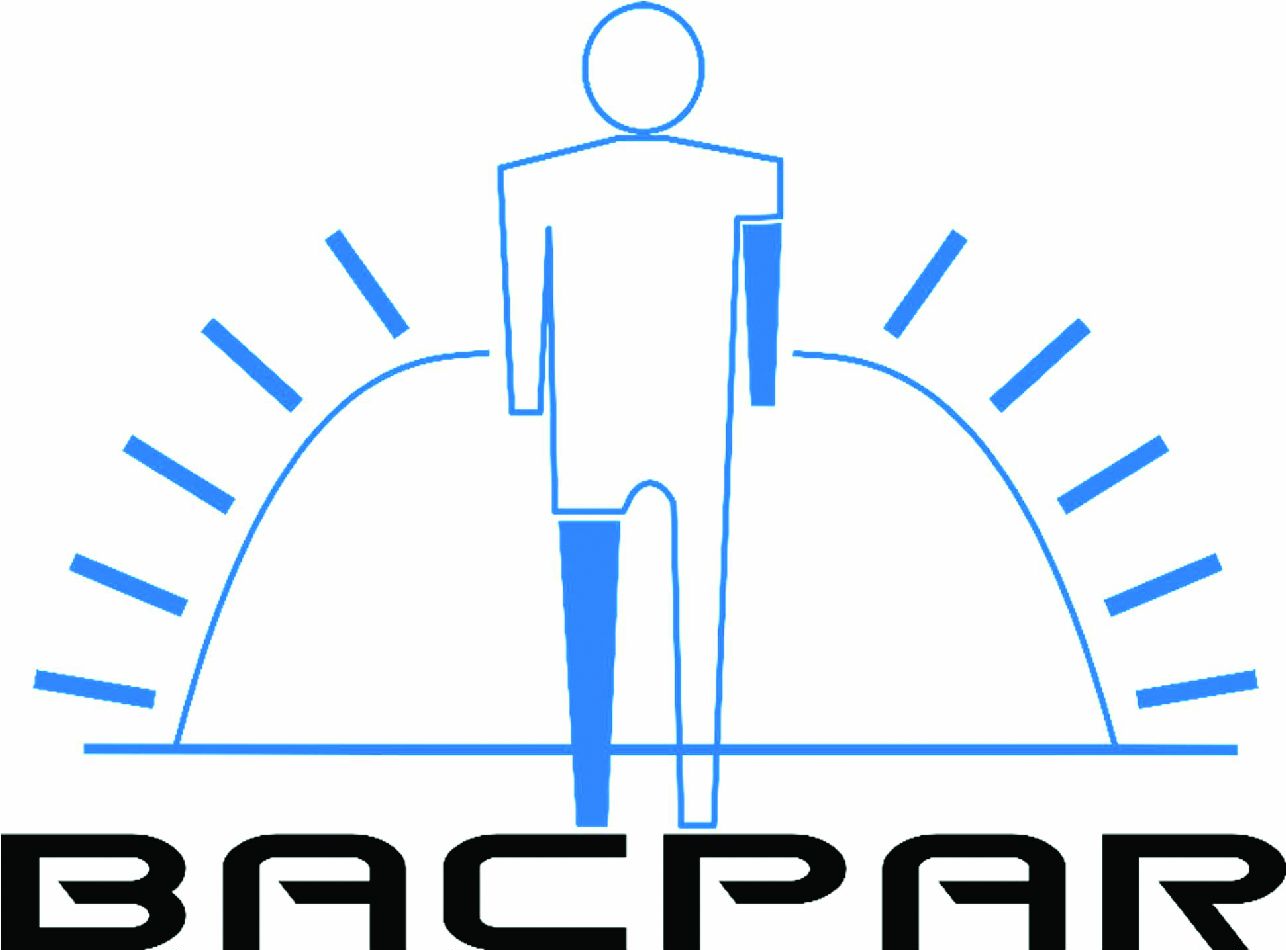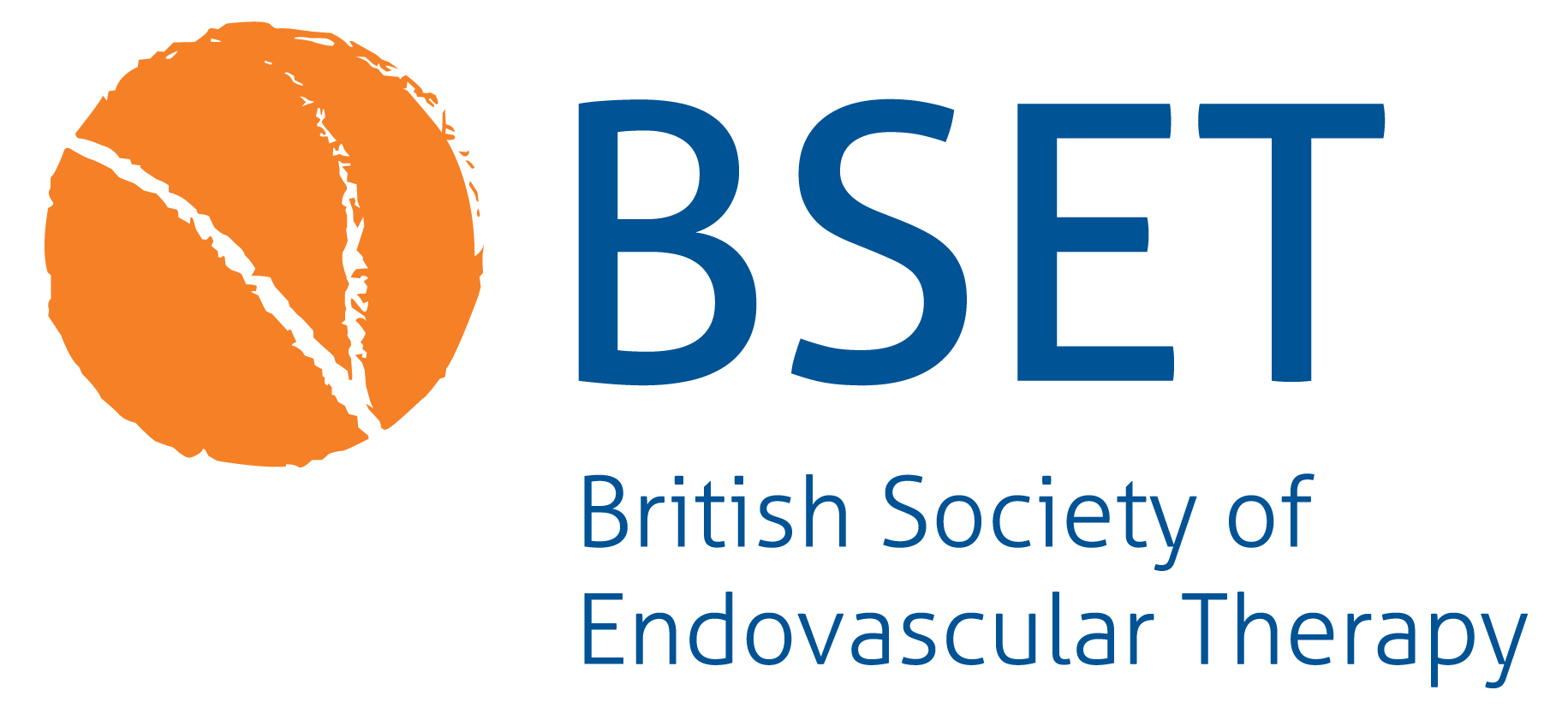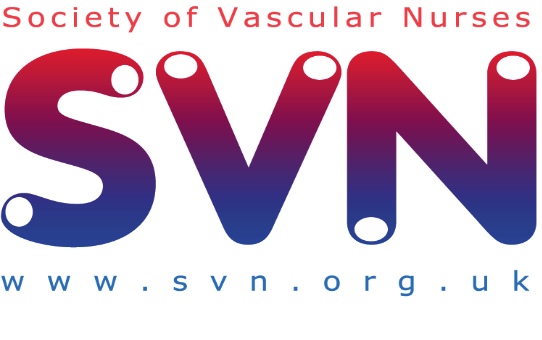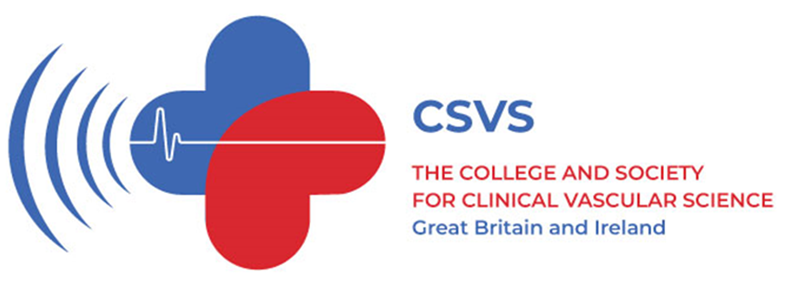frailty
Validation of the Clinical Frailty Scale in vascular surgery: a protocol
Introduction As life expectancy increases, so does the prevalence of older patients and age-related health conditions. Frailty is one such condition which has become increasingly recognised as a clinical syndrome, distinct from chronological age, disability and comorbidity.1–3 A complex, dynamic and multifactorial syndrome, frailty may be theoretically defined as ‘a state of increased vulnerability, resulting…
Read MorePrognostic value of simple frailty and malnutrition screening tools for determining surgical risk in patients with chronic limb threatening ischaemia undergoing major vascular surgery: a retrospective cross-sectional study
Introduction Chronic limb threatening ischaemia (CLTI) is a severe manifestation of peripheral arterial disease (PAD), characterised by intractable rest pain with or without tissue loss in the form of ulceration and/or gangrene or infection.1 Approximately 1% of all PAD cases are due to CLTI and first-line treatment includes revascularisation, primary amputation or, in some cases,…
Read MoreSingle-centre prospective cohort study investigating the associations and one-year trends of frailty, cognition, disability and quality of life pre- and post-intervention for chronic limb-threatening ischaemia
Introduction Frailty is a complex, dynamic, multi-system health state characterised by susceptibility to significant homeostatic dysregulation from even minor physiological stressors, leading to poor health-related outcomes such as loss of independence and death.1,2 Frailty is present in around half of all individuals with chronic limb-threatening ischaemia (CLTI) and is related to severity of disease.3-5 Among…
Read MoreSingle-centre prospective cohort study investigating the associations and one-year trends of frailty, cognition, disability and quality of life pre- and post-intervention for chronic limb-threatening ischaemia
Introduction Frailty is a complex, dynamic, multi-system health state characterised by susceptibility to significant homeostatic dysregulation from even minor physiological stressors, leading to poor health-related outcomes such as loss of independence and death.1,2 Frailty is present in around half of all individuals with chronic limb-threatening ischaemia (CLTI) and is related to severity of disease.3-5 Among…
Read MoreThe FraiLTI (Frailty in chronic Limb-Threatening Ischaemia) Protocol
Introduction Frailty, a concept gaining significant attention in recent years, is defined as a clinically recognisable state of increased vulnerability resulting from ageing-associated decline in reserve and function across multiple physiologic systems such that the ability to cope with everyday or acute stressors is compromised.1 Frailty leaves patients vulnerable to stressors such as illness, trauma…
Read More










